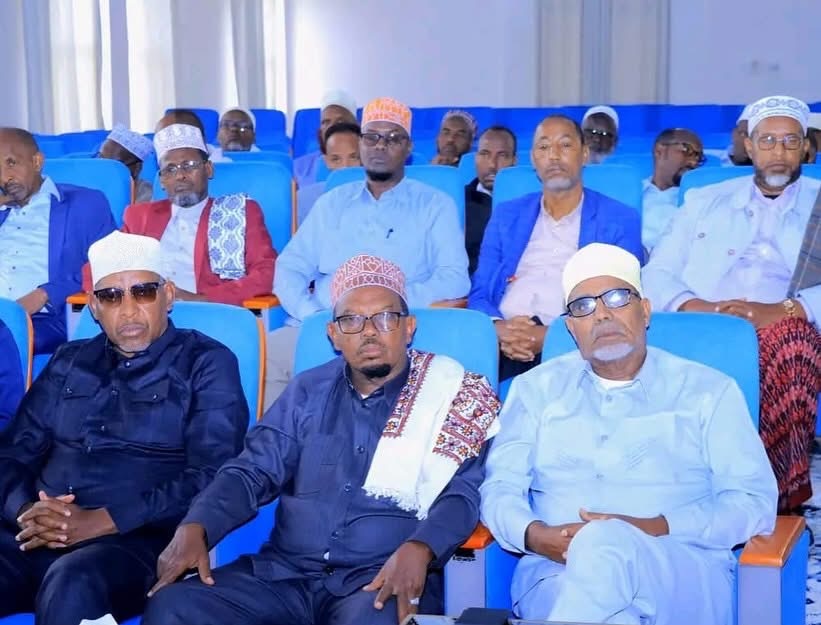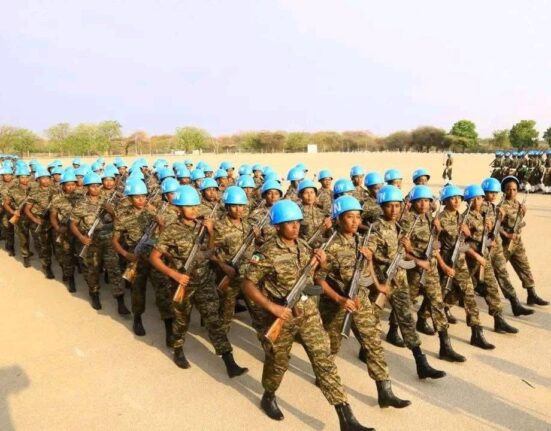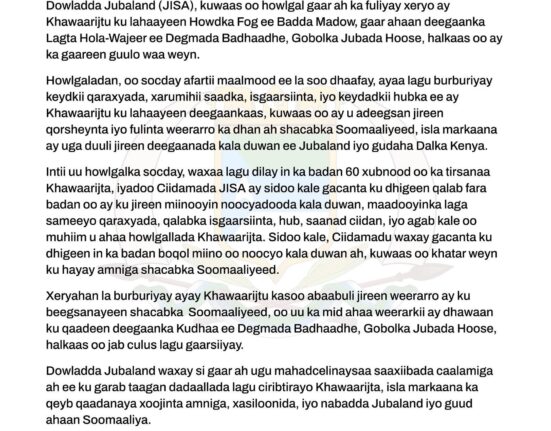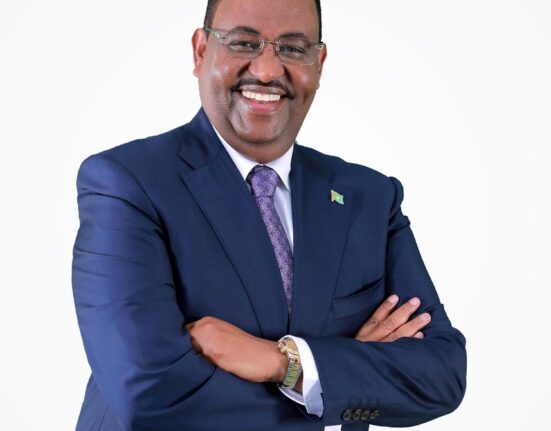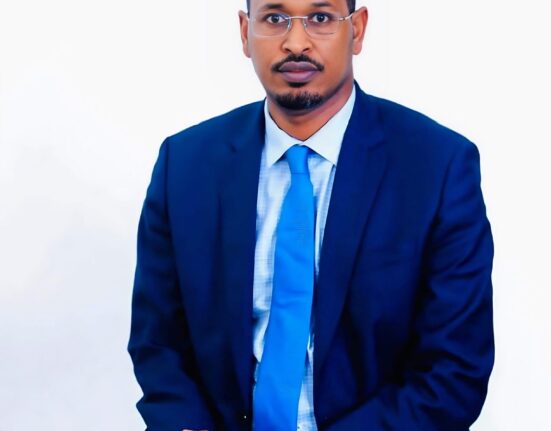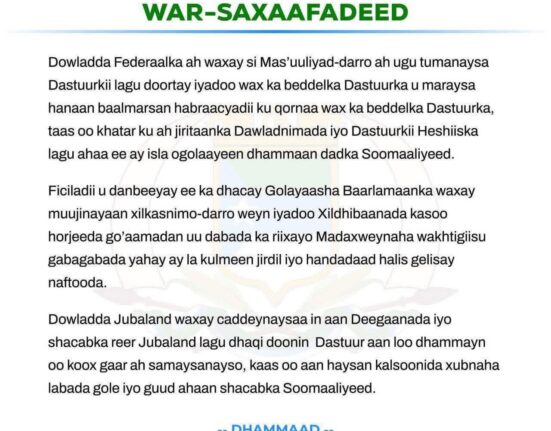By. Kayre Mohamed
A renowned scholar and author.
Date: August 4, 2025
In a disturbing display of political manipulation, the Somali Regional State (SRS) government, under the leadership of President Mustafe Mohammed Omar, reportedly orchestrated a gathering in Jigjiga on August 4, 2025. This event, according to credible sources, involved individuals posing as traditional elders and citizens, allegedly assembled to discredit a legitimate petition submitted to the federal government just a week earlier (The Reporter Ethiopia, July 28, 2025).
The original petition—signed by authentic clan elders, respected scholars, and civic leaders raised grave allegations: entrenched corruption, systemic ethnic favoritism, illicit financial transfers, abandonment of vital infrastructure projects, and worsening regional insecurity. These are not abstract bureaucratic issues; they reflect the daily realities faced by millions of Somali citizens.
Rather than addressing the substance of these claims, the regional administration appears to have resorted to fabricating a counter-narrative. A group of so-called “elders” was reportedly mobilized by the regional government to downplay or outright deny the legitimacy of the original grievances an act that threatens both regional stability and Ethiopia’s broader federal integrity (The Reporter Ethiopia, Aug 4, 2025).
This manipulation is not just unethical—it is dangerous.
Traditional Somali elders are more than symbolic figures; they are vital community leaders who have historically served as peacemakers and guardians of justice. To exploit and politicize their role for short-term political gains undermines centuries, old systems of social trust and cohesion. Worse still, it risks deepening clan divisions in a region already scarred by conflict.
Among the most urgent complaints in the original petition is the abandonment of the Kebri Dehar water supply project, reportedly halted despite full contractor payment. This and other cases of mismanagement are evidence of a broader pattern of negligence and opaque governance. Meanwhile, reports of selective arming of certain clans raise red flags about a strategy that could further inflame inter-communal violence (Conciliation Resources, 2024).
The regional government’s knee-jerk response has been to dismiss these claims as politically motivated. Yet, no independent review has been offered, no forensic audits conducted, and no transparent engagements held with genuine community representatives.
This moment calls for urgent federal action.
Prime Minister Abiy Ahmed’s administration has repeatedly emphasized the importance of rooting out corruption and advancing unity through Ethiopia’s ethnic federalist structure. But if those principles are to hold meaning in practice, they must be applied without favoritism, even in politically sensitive regions like Somali.
We call on the federal government to:
1. Conduct an Independent Investigation
Initiate a transparent federal inquiry into the allegations raised in the July 28 petition, including a forensic audit of all major regional infrastructure projects.
2. Protect Traditional Leadership
Ensure that federal engagements occur only with verified and community-respected clan elders and not politically orchestrated surrogates.
3. Uphold Rule of Law and Accountability
Investigate any misuse of state resources for political manipulation, and enforce legal consequences where appropriate.
4. Facilitate Genuine Dialogue
Launch a Somali-led reconciliation framework that includes diverse actors such as the Ogaden National Liberation Front (ONLF), women’s groups, civil society, youth, and religious leaders (Conciliation Resources, 2024).
Prime Minister Abiy’s office recently reiterated its federal commitment in response to an international critique of Ethiopia’s governance model (The Economist, July 28, 2025). Now, the Somali Region presents a litmus test for that promise.
The Somali people are not calling for special treatment they are demanding the dignity of representation, transparency, and peace. Allowing regional leaders to weaponize tradition and suppress legitimate grievances would betray the very principles upon which the Ethiopian federation stands.
We urge swift, impartial federal intervention before the trust is lost, and the damage becomes irreversible.
By. Kayre Mohamed
A renowned scholar and author.


